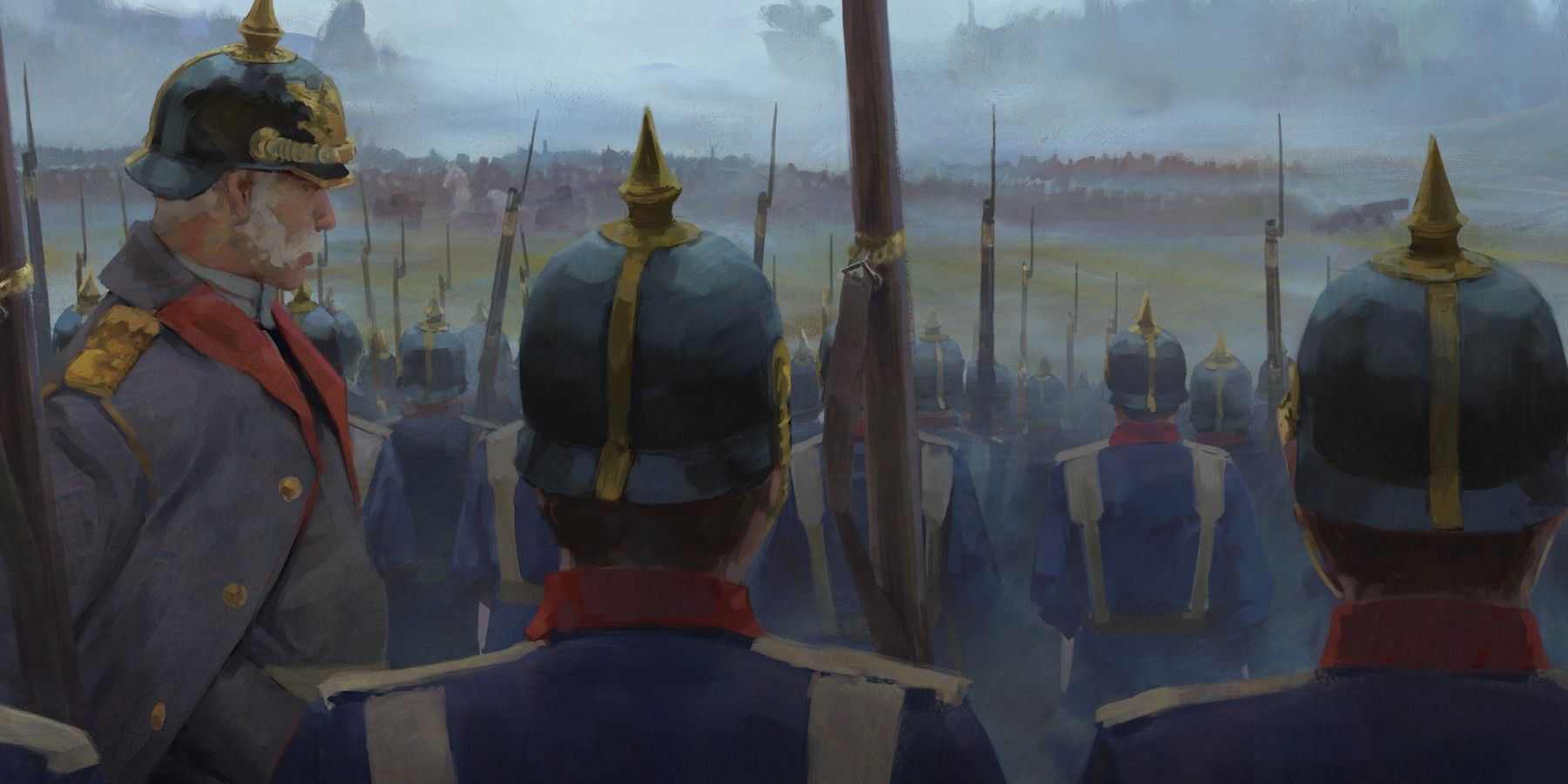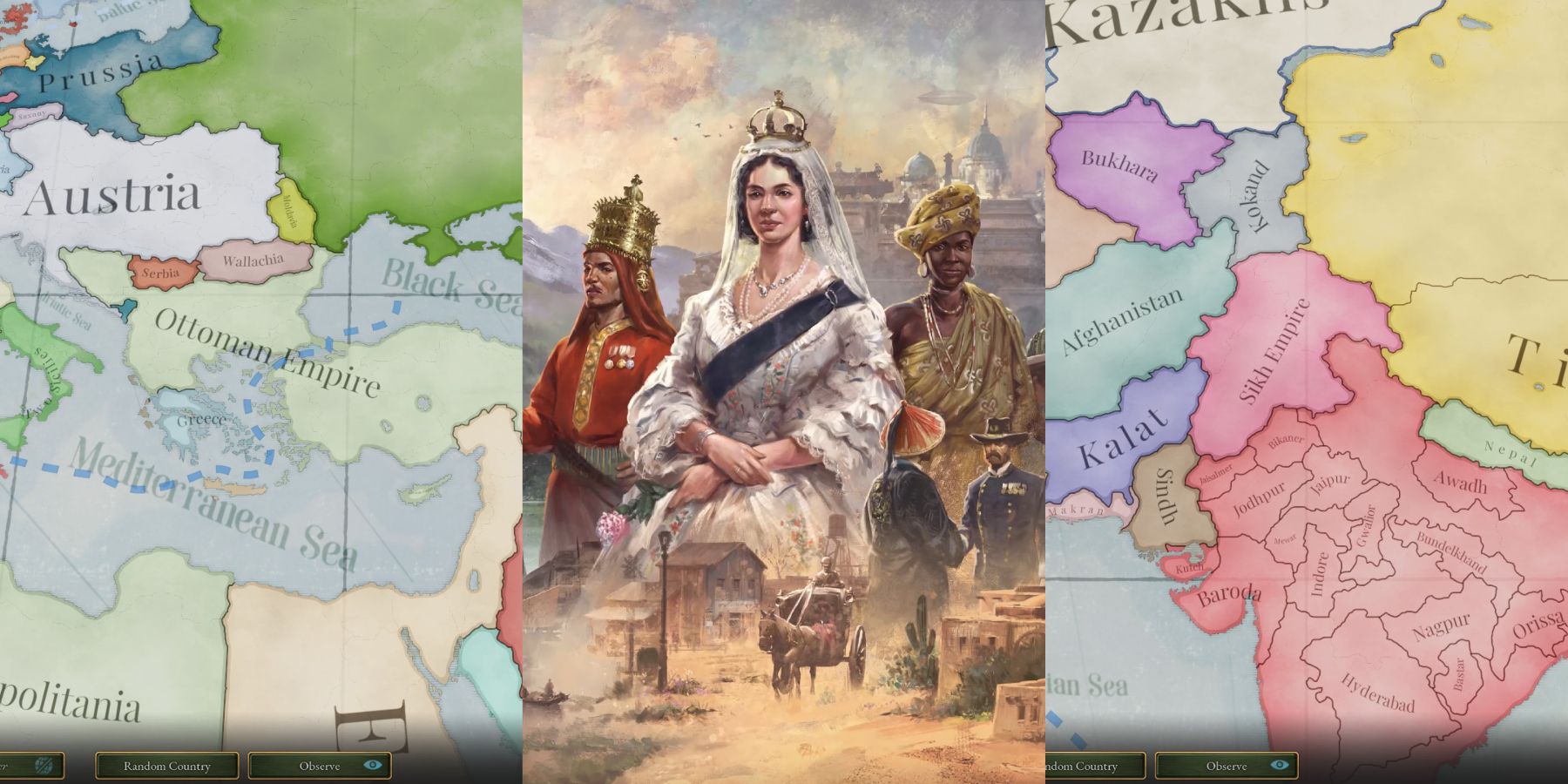Strategy/Sim games are great for gamers to play-pretend supreme deities. For a strategy lover, there's nothing quite as satisfying as building a civilization from the ground up, and despite the mightily tasking experience, the rewards of building humanity's next superpower are worth the effort. Victoria 3, the latest release from the Victoria franchise, is helping to quench the wants of gamers' superiority complexes, bringing detailed gameplay from the days of the Industrial Revolution to computer screens. Victoria 3 faces stiff competition from fellow giant Civilization 6, and it's only natural to compare the strengths of these two heavyweights.
Victoria 3 may not be a warmonger's dream like Rise of Nations, but the Victoria franchise prides itself on the intricacies of its economic and political systems. While critics regard the latest installment of the Victoria series highly in their reviews, gamers are painting a conflicting picture with their opinions of Victoria 3's economics. Players have pointed out that the system is too simplistic for a strategy game of Victoria 3's reputation and expressed dissatisfaction with the streamlined war mechanics that gives the game an alien feel. With less than sparkling reviews from the gaming community, it is interesting to see how Victoria 3 measures up against a rival in the Strategy/Sim category - Civilization 6.
Victoria 3's Level of Detail is Great For Gameplay Depth
The first notable difference between both games is the timelines, with Victoria 3 - true to the allusion of its name to the Victorian era - spanning 100 years of human history from 1836 to 1936. In contrast, Civilization 6 is like an encyclopedia of humankind's history, containing all timelines beginning from the dark ages of barbarism to the modern days of artificial intelligence. The Victoria franchise - perhaps heeding the saying "Jack of all trades, master of none" - decided to specialize in the Industrial Revolution to simulate the state affairs of countries in the 19th to 20th centuries in explicit detail. Paradox does a fine job of this, throwing players into the thick of the colonization era to scramble for resources with other AI-controlled nations in Victoria 3.
Victoria 3 was designed to have a juggernaut of a political component, and this is one area where it easily beats out Civilization 6. Victoria 3 feels more organic, as Paradox included all the realistic elements it takes to steer the rudder of a country. Political power in Victoria 3 is well-structured into Interest Groups, ranging from religion to academia. Democracy-loving players will have to employ deft tactics to wrestle control away from the aristocrats or risk destabilizing their countries. The system of governance in Civilization 6 appears rather ordinary compared to the level of detail featured in Victoria 3. The mode of government feels more robotic, with players requiring policy cards to configure their governments. For instance, a ruling system like a Chiefdom requires players to possess Military and Economic cards.
Victoria 3 and Civilization 6 have a lot of work to do on their warring component, as gamers have found both franchises lacking in this department. AI leaders in Civilization 6 have the uncanny and annoying habit of starting wars entirely unprovoked by players. Rulers are unpredictable and volatile, getting upset with players over events the gamers have no way of knowing to prevent. In addition to this bug-like characteristic, the actual fighting leaves much to be desired, as the AI doesn't involve much strategy in its wars other than the robotic "More is better" approach, blindly throwing troops at players even at high difficulty levels.
Victoria 3 doesn't fare much better, as players aren't active participants in conflicts. Instead, the responsibility of fighting these wars falls on the AI-controlled generals - who are extremely limited in mobility. As a result, carefully planned strategies can unravel due to the AI's decision-making, making for an unpleasant experience. Civilization 6 is widely considered one of the best 4x Strategy games ever released, and Victoria 3 puts up a good fight against the 2016 winner of The Game Awards across most categories. It may not be the perfect Strategy/Sim game, but with so much potential yet to be harnessed and a load of Victoria 3 content scheduled to be released, it is on the right track.
Victoria 3 is currently available on PC.


